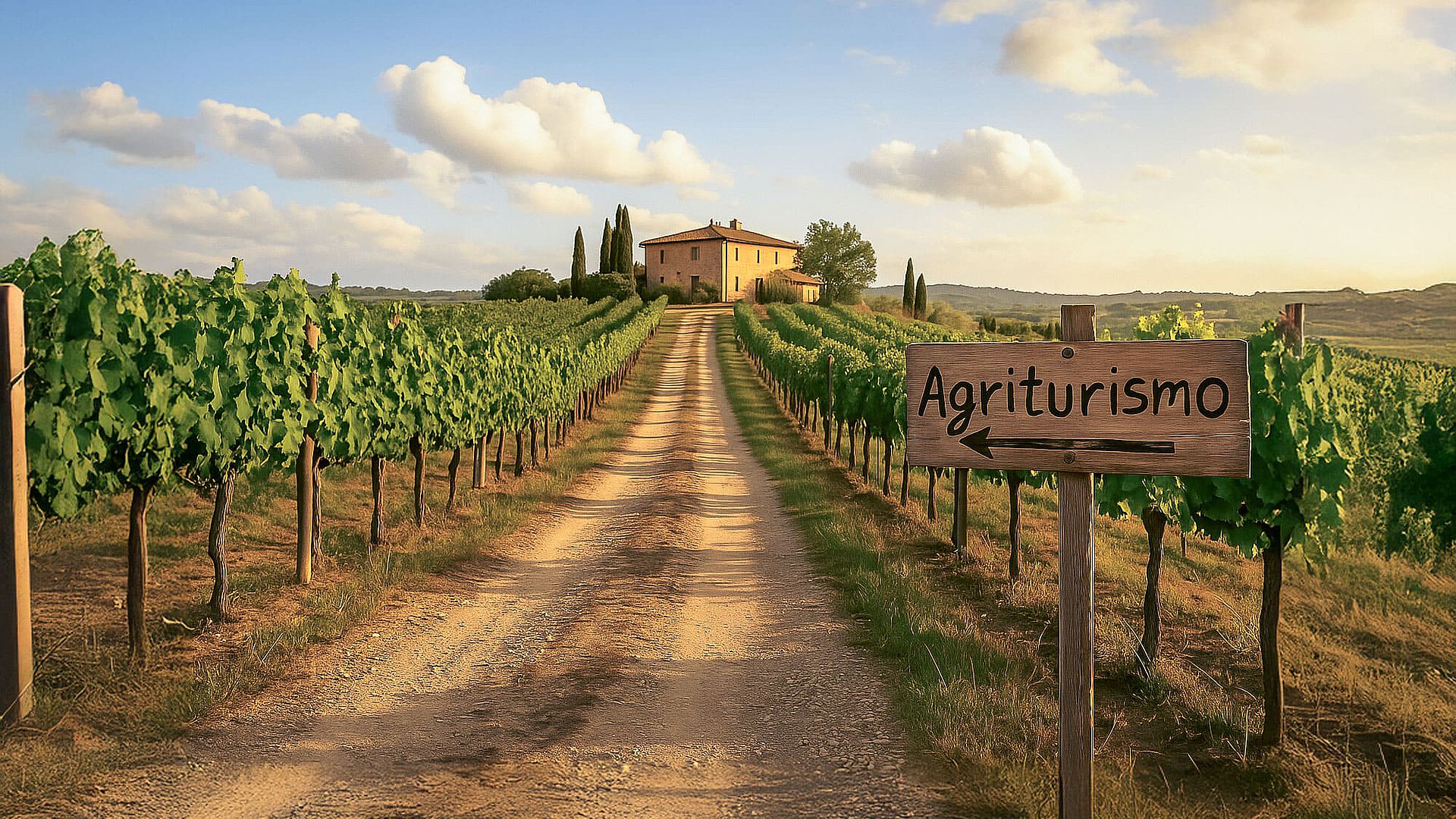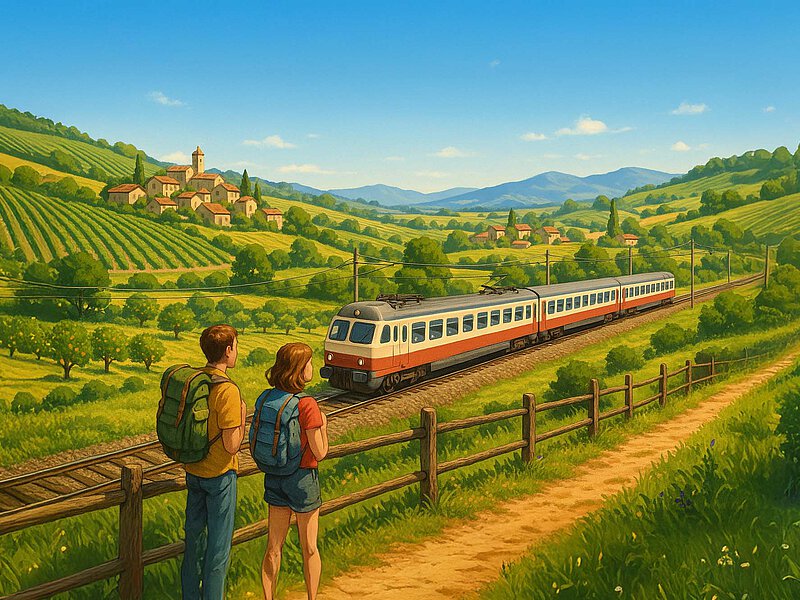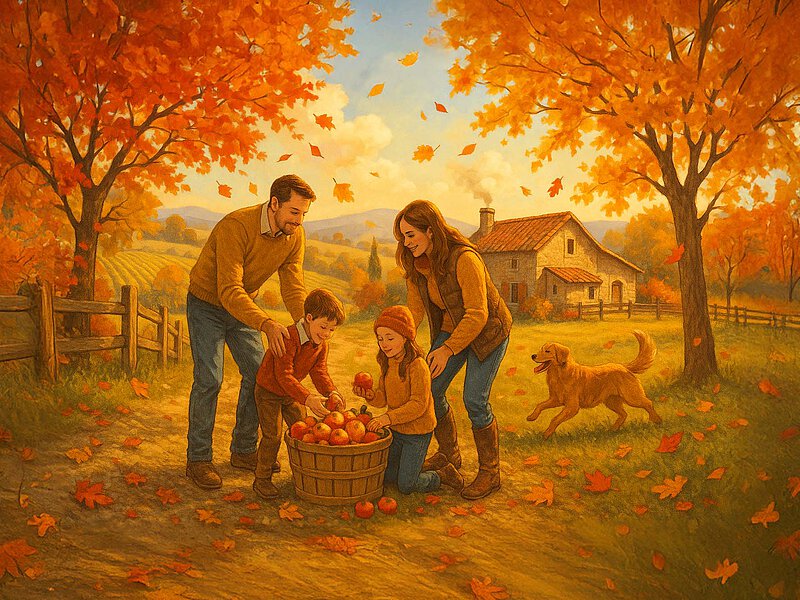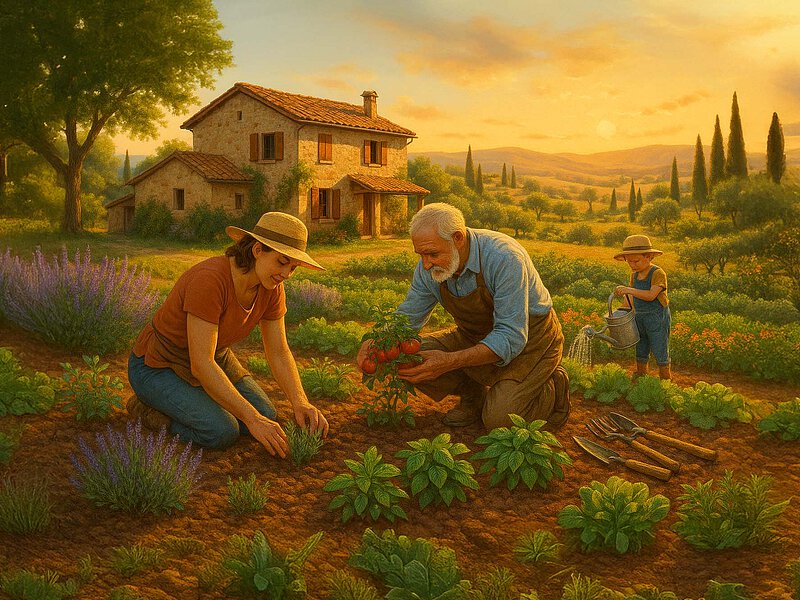What It’s Really Like to Stay on an Italian Farm (And Why It’s Worth It)
You want the real Italy? Not the kind you find in tourist guides, but the type you just stumble into, maybe after getting lost on a country road? Italy’s farm stays, called “agriturismo", are for travelers who want to forget their phone for a while, eat what’s in season, and maybe end up sitting at a kitchen table with people they’ve just met. It’s not always picture-perfect. But if you’re after something that feels honest, you’re in the right place.
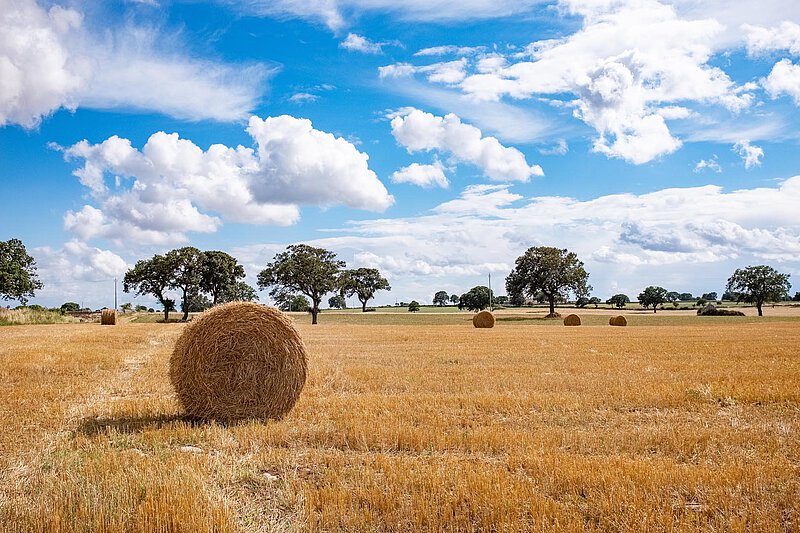
If you're in a hurry...
4 inspired destinations, no scrolling needed
1. Tuscany: Olive oil on your hands, a dusty path to the pool, nobody’s in a rush.
See farm stays in Tuscany →
2. Umbria: Breakfast in the fog, a rooster waking you up at 6. Or was it 5?
Explore Umbria agriturismo →
3. Sicily: Lemons on the trees, the sea over there… not always close, but you’ll smell it.
Discover Sicily farm stays →
4. South Tyrol: Mountain air so clear it feels like you’re cheating. Cows, too.
See South Tyrol options →
Why stay on a farm in Italy?
Let’s be honest: sometimes hotels feel the same, don’t they? On a farm, you might get a room that creaks, a breakfast with eggs from that chicken outside your window, and a host who'll talk your ear off (in the best way). It’s not for everyone. But if you've ever wanted to taste olive oil just pressed, or help pick grapes (or just watch) this is it.
- For families: space to breathe.
- For couples: room for silence.
- And for solo wanderers? Well, there’s always a cat somewhere.
"The best moments? They’re unplanned. Someone pours wine, bread appears, and you realize nobody’s looking at a clock."
— Guest, late autumn, Tuscany
What is an agriturismo, and how does it work?
Ever heard that word and wondered, "Is that just a fancy B&B?". Not quite. An agriturismo, by law, is a working farm that also hosts guests. Sometimes it’s a real farm with muddy boots, sometimes it’s a vineyard, sometimes a place that’s part farm, part home, part - well, chaos, in the best sense.
Usually, you get breakfast (eggs, bread, honey, cheese), and maybe dinner, too, if you're lucky. Activities? Could be anything from making pasta to feeding goats, or, honestly, just sitting under a tree. Oh, and each region is its own planet: Sicily means citrus, the north means cheese and hayfields.
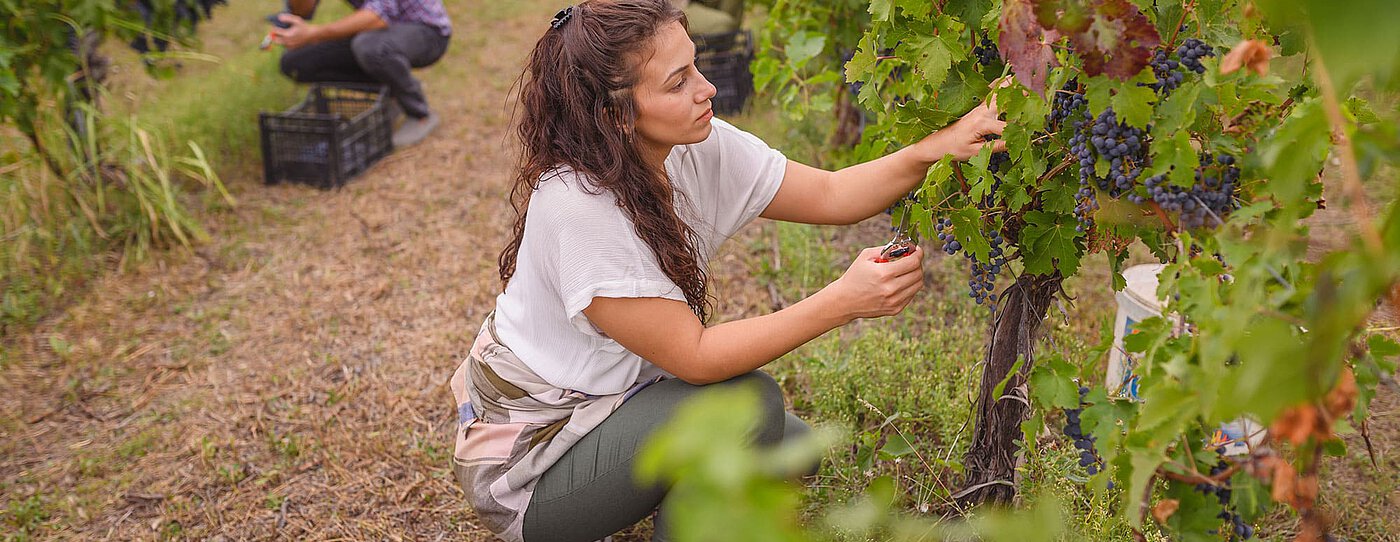
"Is that just a fancy B&B?"
Not quite. An agriturismo, by law, is a working farm that also hosts guests. Sometimes it’s a real farm with muddy boots, sometimes it’s a vineyard, sometimes a place that’s part farm, part home, part - well, chaos, in the best sense.
How to choose (and book) a farm stay in Italy
Let’s not overcomplicate it. What matters most to you? Food you remember for months? Views you can’t photograph right? Or just a bed that smells faintly of lavender?
- Read the guest reviews, the grumpy ones, too… they’re often the most honest.
- Ask the hosts questions. Italians love to tell you about their place.
- Check what’s included: is there dinner, or do you cook your own pasta?
- Think about how you’ll get there. Trains don’t always go where you want. Sometimes that’s good, sometimes not.
- Don’t expect every place to have Wi-Fi that works in the barn.
A final tip: the emotional value
Look, a farm stay or agriturismo are not always easy. Sometimes the rooster is loud, sometimes you get muddy, sometimes dinner is late. But that’s the story you tell when you get home. And sometimes, if you’re lucky, you get a jar of honey to take back, and it still smells like the place.
Frequently asked questions
People throw around the word “farm stay" all over the world, but in Italy, "agriturismo" actually means something precise. Legally, you can’t just call your place that unless you’re a working farm - with fields, animals, real dirt under your fingernails. It’s not a label for any old country house. Some places do cheat, but the best ones? They’ll show you the olive press, the vineyard, maybe even the tractor. If you’re in doubt, just ask the host: “What do you grow here?". Their answer will tell you more than any website.
You might worry about the language, but honestly, many agriturismo owners speak at least a little English, especially in the main tourist regions. Still, don’t expect every grandmother to know "check-in" or "Wi-Fi password". You’ll get further with a smile, some hand gestures, and a couple of words like “grazie" or "buongiorno". Sometimes, those moments of not-quite-understanding are the most memorable (like the time someone tried to offer us a second breakfast at 10am). If you get stuck, just relax. Worst case? You’ll learn the word for "cheese".
There’s no single "best agriturimo". Some are rustic, with creaky floors and a rooster as your alarm clock. Others are almost like little boutique hotels, with infinity pools and wine tastings. Booking platforms as Farmtravel.com or Bauernhofurlaub.de help (just filter for "agriturismo" or ”working farm"), but don’t stop there. Read the reviews, especially the ones with too much detail, or a complaint about "too many chickens". Check for photos of the owners, or stories about the land; those are good signs. If you want something very local, email or call and ask what’s in season, or what a typical dinner is like. And be a little flexible: sometimes, the places with fewer perfect photos turn out to be the most real.
For sure! In fact, many Italian families go to agriturismi for holidays. Most places have space to run around, animals to watch (or pet), sometimes even a little playground or a lake to splash in. Some farms offer special activities for kids: making cheese, picking fruit, maybe even a tractor ride. That said, every farm is different. Ask in advance if you need things like a high chair or a fence around the pool. If your kids are picky eaters, check what’s served at meals; sometimes dinner is whatever Nonna made, and there aren’t always "kid menus". But that’s part of the fun.
You almost always get breakfast - and it’s usually homemade: eggs, cakes, jams, whatever’s fresh. Some agriturismi serve dinner, too; it’s worth asking, because sitting down to a meal with the family is often the best part of the stay. Other times, it’s just a bed and breakfast, and you’ll need to drive out for lunch or dinner. Activities (like horseback riding or cooking classes) are sometimes included, sometimes cost extra. Don’t be shy: write and ask what’s included, so you don’t get caught hungry in the middle of nowhere. And don’t expect room service or daily towel changes - this isn’t a hotel, and that’s the charm.
Sometimes, yes - but don’t just show up ready to milk cows! Some farms love to have guests join in: picking grapes, making pasta, feeding goats, or helping with the olive harvest in autumn. Others prefer you to relax and watch from a distance. Always ask first; what sounds romantic to you might be daily hard work for them (trust us, grape picking gets old after the third basket). But if you’re curious, say so - you might end up with muddy boots, a sunburn, and a story worth telling.
More inspirations
Slow Travel: Why Taking Your Time Can Change the Way You Holiday
This article is for those who feel holidays are slipping through their fingers, too short and too fast. Slow travel is not a trend, but a way of…
Autumn Holidays in the Countryside 2025: Slow miles, bright days
After the rush of summer, autumn feels like the deep breath you didn’t know you needed. School is back, work calendars are heavy, yet the season gives…
Cultivating Wellbeing: How the Human–Plant Connection Heals
This is about therapeutic horticulture, the quiet, vital bond between people and plants. An old gesture that today becomes an invitation to travel…

